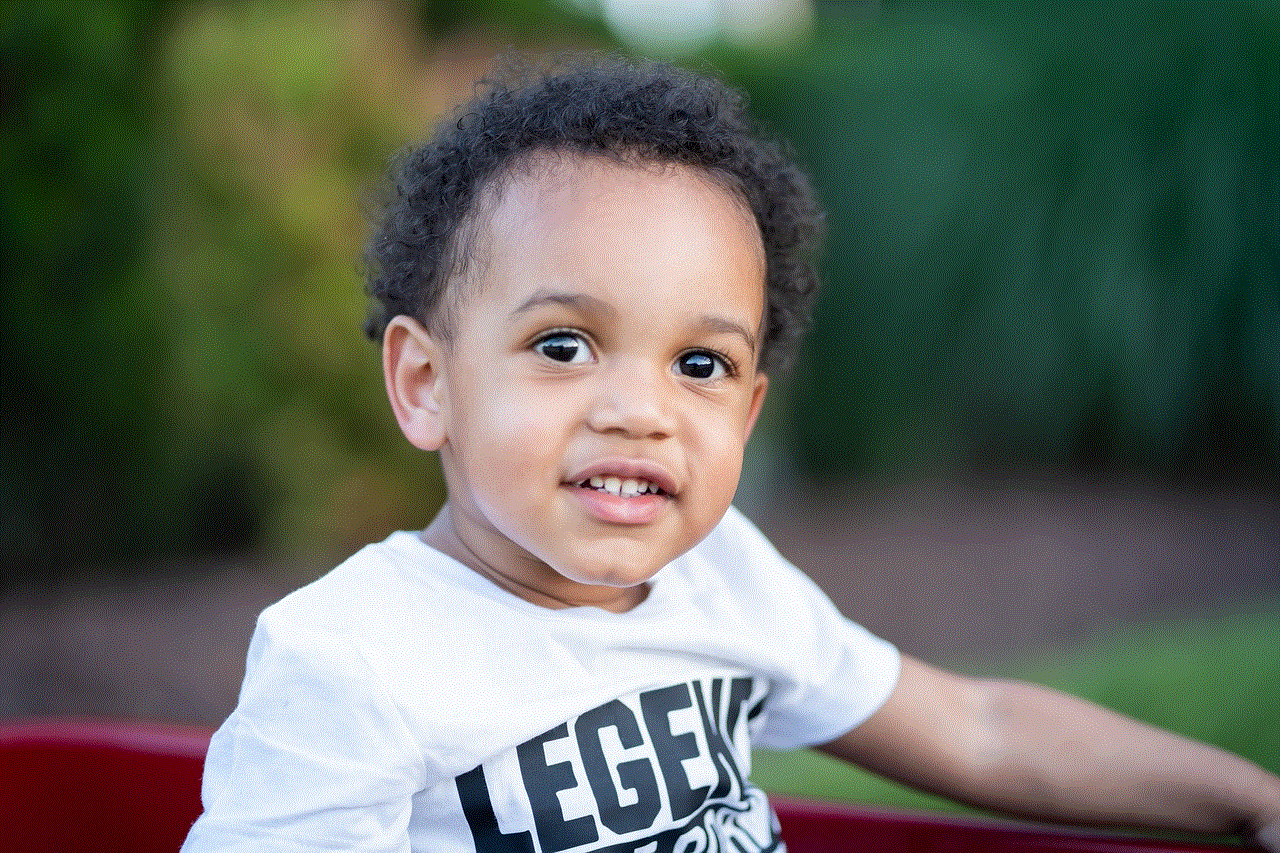best scooter for 5 year old
As a parent, it can be overwhelming to choose the perfect scooter for your 5-year-old. With so many options available in the market, it can be challenging to determine which one is the best fit for your child. Scooters have become increasingly popular among children of all ages, and it’s no surprise why. They offer a fun and exciting way for kids to stay active while also improving their balance and coordination skills. However, with safety being a top priority, it’s essential to find the best scooter for your 5-year-old. In this article, we will discuss everything you need to know to make an informed decision and find the best scooter for your child.
Factors to Consider when Choosing a Scooter for a 5-Year-Old
Before we dive into the top scooters for 5-year-olds, it’s crucial to understand the key factors to consider when making your selection. These factors will help you choose a scooter that is not only safe but also suitable for your child’s age and abilities.
1. Size and Weight Limit
The first thing to consider is the size and weight limit of the scooter. A scooter that is too big or too small for your child can be challenging for them to maneuver and control. It’s essential to find a scooter that is the right size for your child’s height and weight. Most scooters have age and weight recommendations, but it’s always best to check the specific measurements to ensure a perfect fit.
2. Stability
Stability is another crucial factor to consider when choosing a scooter for a 5-year-old. Look for scooters with a wide base and a low center of gravity. This will provide more stability and make it easier for your child to balance. Some scooters also come with three or four wheels, making them more stable for younger children who are still learning to balance.
3. Handlebars
The handlebars of a scooter play a significant role in the overall stability and control of the scooter. Look for handlebars that are adjustable in height, ensuring a comfortable fit for your child. It’s also essential to choose handlebars that are easy for your child to grip and maneuver.
4. Deck
The deck of a scooter is where your child will stand, so it’s crucial to ensure it is sturdy and provides enough space for their feet. The deck should also have an anti-slip surface, ensuring your child’s feet stay in place while riding. A wider deck provides more stability, making it easier for your child to balance.
5. Brake
While most scooters for young children have a back wheel brake, some models also have a hand brake. A hand brake can be more challenging for a 5-year-old to use, so it’s best to stick with a back wheel brake for younger children. Make sure to test the brake before purchasing to ensure it is easy for your child to use.
6. Durability
Durability is an essential factor to consider when choosing a scooter for a 5-year-old. Children at this age can be rough with their toys, so it’s crucial to choose a scooter that can withstand wear and tear. Look for scooters made from high-quality materials that can withstand frequent use.
7. Portability
If you plan on taking the scooter with you on outings, it’s essential to consider its portability. Look for scooters that are lightweight and foldable, making them easy to transport and store. This will also come in handy if your child gets tired of riding and needs a break.
8. Price
Scooters for 5-year-olds come in a wide range of prices, so it’s essential to determine your budget before making a purchase. Keep in mind that a higher price doesn’t always equal a better scooter, so it’s crucial to consider all the other factors mentioned above before making a decision.
Now that you are aware of the key factors to consider let’s take a look at the top scooters for 5-year-olds in the market.
Top Scooters for 5-Year-Olds
1. Micro Mini Deluxe Kick Scooter
The Micro Mini Deluxe Kick Scooter is a popular choice among parents for its high-quality and safety features. This scooter is designed for children aged 2-5 and has a weight limit of 110lbs. It has three wheels for stability and a low-to-the-ground deck to make it easier for young children to balance. The handlebars are adjustable, and the scooter is lightweight, making it easy to transport.
2. Razor Jr. Lil’ Kick Scooter
The Razor Jr. Lil’ Kick Scooter is another popular choice for young children. It has a sturdy, three-wheeled design, and a wide deck for stability. The handlebars are also adjustable, and the scooter has a weight limit of 45lbs. This scooter is also very affordable, making it a great option for parents on a budget.
3. Globber Primo Plus 3-Wheel Scooter
The Globber Primo Plus 3-Wheel Scooter is designed for children aged 3-6 and has a weight limit of 110lbs. It has a sturdy, three-wheeled design with a wide deck for stability. The handlebars are adjustable, and the scooter also comes with a rear brake for added safety. It is also available in a variety of colors, making it a fun and stylish choice for kids.
4. Radio Flyer My 1st Scooter
The Radio Flyer My 1st Scooter is a great option for children aged 2-5. It has a sturdy, three-wheeled design with a wide deck for stability. The handlebars are adjustable, and the scooter also comes with a rear brake for added safety. This scooter is also very affordable, making it a popular choice among parents.
5. Fuzion X-3 Pro Scooter
For older and more experienced 5-year-olds, the Fuzion X-3 Pro Scooter is a great option. It has a sturdy, two-wheeled design with a wide deck for stability. The handlebars are adjustable, and the scooter also comes with a rear brake for added safety. This scooter is also foldable, making it easy to transport and store.
Safety Precautions
No matter which scooter you choose for your 5-year-old, safety should always be a top priority. Here are some safety precautions to keep in mind before and during your child’s scooter ride:
1. Always wear a helmet: Make sure your child wears a properly fitting helmet to protect their head in case of falls or accidents.
2. Supervise your child: It’s essential to supervise your child while they are riding their scooter, especially if they are new to it.



3. Choose a safe riding area: Make sure your child rides their scooter in a safe and open area, away from cars and other hazards.
4. Teach your child the rules of the road: If your child will be riding their scooter on sidewalks or in parks, make sure to teach them the rules of the road and how to safely navigate their surroundings.
5. Check the scooter before each ride: Before your child starts riding, make sure to check the scooter’s brakes, wheels, and handlebars to ensure everything is in working order.
Conclusion
Finding the best scooter for your 5-year-old can be a daunting task, but with the right information and considerations, it can be a breeze. Remember to consider the key factors mentioned above, such as size, stability, and durability, to find the perfect scooter for your child’s age and abilities. Always prioritize safety and supervise your child while they are riding their scooter. With the right scooter, your child will not only have a blast but also improve their balance and coordination skills. Happy scooting!
two month old milestones
As a parent, it is natural to want to track your baby’s development and celebrate their milestones. At two months old, your little one has already come so far since their birth. From their first cries to their first smile, it is truly amazing to witness their growth and progress. In this article, we will take a closer look at the milestones you can expect from your two-month-old baby.
Physical Milestones:
1. Head Control: By two months old, your baby’s neck muscles have become stronger, allowing them to hold their head up for short periods of time. This milestone is essential as it is a precursor to sitting up and crawling.
2. Grasping Reflex: You may have noticed that your baby’s hands are always clenched into fists. This is because they have a natural reflex to grasp onto objects. Around two months, they will start to hold onto things for longer periods and will even try to bring objects to their mouth.
3. Tracking Movements: Your baby’s eyesight has improved significantly since birth, and by two months, they can track moving objects with their eyes. This milestone is crucial as it helps them develop hand-eye coordination.
4. Smiling: At two months old, your baby will start to smile in response to your smile or voice. This milestone is a significant achievement as it shows that your baby is starting to recognize you and form emotional connections.
5. Tummy Time: Tummy time is essential for your baby’s physical development. It helps strengthen their neck, back, and arm muscles. By two months old, your baby may start to lift their head and chest off the ground during tummy time.
Cognitive Milestones:
1. Recognizing Familiar Faces: At two months old, your baby will start to recognize familiar faces, especially their parents. They may even smile or coo when they see you, which is a sure sign of their emotional and cognitive development.



2. Following Objects: As your baby’s vision improves, they will start to follow objects with their eyes. This milestone is a crucial step towards developing hand-eye coordination and will ultimately help them in their physical activities.
3. Responding to Sounds: Your baby’s hearing has also improved since birth, and by two months, they will start to turn their head towards the source of a sound. This milestone is crucial as it helps them understand their environment and develop their listening skills.
4. Making Sounds: At two months old, your baby will start to babble and make cooing sounds. They will also start to mimic the sounds they hear, which is a sign that their language skills are developing.
5. Exploring Their Hands: Your baby’s hands are a source of endless fascination to them. At two months old, they will start to explore their hands by clasping them together, bringing them to their mouth, and even reaching out to touch objects.
Social and Emotional Milestones:
1. Smiling at Others: As mentioned earlier, your baby will start to smile in response to your smile or voice. However, at two months old, they will also start to smile at other people, which is a sign of their social development.
2. Mimicking Expressions: Your baby is a keen observer, and by two months, they will start to mimic facial expressions. This milestone is significant as it shows that your baby is starting to understand emotions and express their own.
3. Recognizing Emotions: Babies are very perceptive and can pick up on emotions. At two months old, your baby may start to react differently to different emotions, such as smiling when they see you and crying when they sense your frustration.
4. Playing: At two months old, your baby will start to enjoy simple games like peek-a-boo and patty cake. These games not only help with their cognitive development but also strengthen the bond between you and your baby.
5. Separation Anxiety: Around two months old, your baby may start to experience separation anxiety. This is a normal developmental milestone, and it shows that your baby has formed an attachment to you and is aware when you are not around.
Language Milestones:
1. Cooing: As mentioned earlier, your baby will start to make cooing sounds at two months old. These sounds may not have any meaning, but they are a significant step towards language development.
2. Responding to Voices: Your baby will start to recognize your voice and respond to it by smiling or cooing. This milestone is essential as it shows that your baby is developing their listening and communication skills.
3. Recognizing Their Name: By two months old, your baby may start to respond to their name. This milestone is crucial as it shows that your baby is starting to understand the concept of their identity.
4. Babbling: As your baby’s language skills develop, they will start to babble more. This is their way of practicing sounds and preparing for their first words.



5. Understanding Simple Words: Around two months old, your baby may start to understand simple words like “mama” or “dada.” While they may not be able to say these words yet, they are a significant milestone in their language development.
In conclusion, every baby develops at their own pace, and it is essential not to compare your child to others. However, if you have any concerns about your baby’s development, it is always best to consult with your pediatrician. Remember to celebrate every milestone your baby achieves, as they are all significant steps towards their growth and development. Enjoy this precious time with your two-month-old, and before you know it, they will be reaching more milestones and growing into a curious and active toddler.